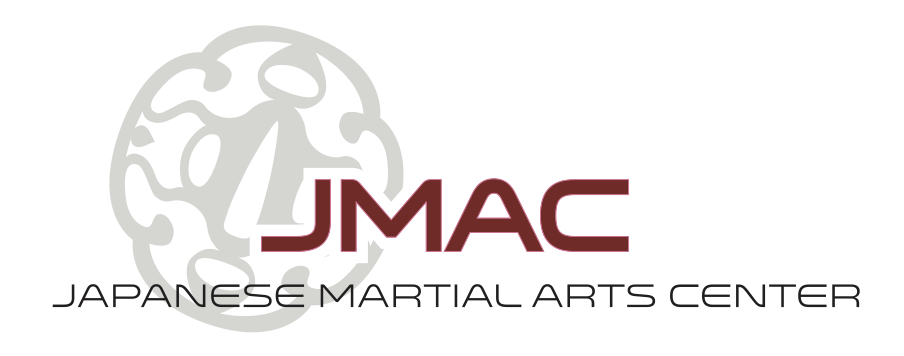Reasons Why You Should Take Advantage of Ann Arbor Martial Arts Programs
(For a more detailed version, visit this website article.)
(Ann Arbor)
Martial arts. You’ve seen it in movies, on your friend’s Facebook newsfeed, and
in those “Things to do before you die” lists. Whether you have yet to cross
‘martial arts’ off your bucket list or keep a rack of black belts in your
closet, here is a list of reasons why doing martial arts can benefit you today!
You
Get Stronger and Lose Weight
One acronym: HIIT. High intensity interval training means
doing periods of short, intense anaerobic exercise. It’s good for:
·
Athletic conditioning
·
Improving the metabolism
·
Fat-burning
Depending on your weight and the martial art, you can singe
anywhere from 500-1500 calories in an hour.
Compare that to having to run 7 miles at a 10 mph pace or
doing three Insanity workouts. Not only will you feel that burning calories is
effortless, but doing martial arts targets your entire body, not just certain
parts. It’s also fun.
Not only that, but building muscle promotes a calorie burn after you’ve stopped working out.
Because martial arts involve a combination of slow and fast twitch muscle
conditioning, you promote muscle development.
You
Stay Younger
In a study
that compared 40-60 year olds who were either martial artists or sedentary, the
researchers found that training reduced aging.
This means that compared to their sedentary counterparts, middle-aged
martial artists:
·
Were more flexible
·
Had better muscular strength and
endurance
·
Could balance with more agility
·
Had a lower body fat percentage
Fewer of the martial artists had heart diseases. The
illnesses that normally hit middle-aged people, such as hypertension, diabetes,
and cardiovascular diseases, showed up in much higher percentages for the
sedentary group.
You
Become More Intelligent
·
Improvement in memory
·
Enhanced problem-solving skills
·
Reduced risk of Parkinson’s or
Alzeimer’s
The most effective types of exercises were aerobic and resistance-training
methods, both of which can be found in the martial arts. What’s more, it
doesn’t matter when you start. Exercise benefits your brain immediately.
Martial arts are different from other forms of exercise,
because a lot of it requires tactical thinking. This means an increase the
brain’s ability to learn, or plasticity. Resistance training, flexibility or
coordination, and aerobic movements all add up to enhanced brain plasticity.
You
Become Happy
It’s no secret that doing exercise makes you feel
emotionally better. In an article
released on WebMD, researchers stated that regular exercise releases chemicals
called endorphins. The endorphins affect the way your brain perceives pain and
act as sedatives.
Some of the benefits included:
·
Reduced stress
·
Alleviated anxiety and depression
·
Improved self-esteem
·
Better sleep
Also, in Mihaly Csikszentmihalyi’s Flow,
he describes how there is a state where an “optimal experience” or state of
flow can happen. He cites martial arts as being a particular type of flow where
a martial artist can act with lightening speed without having to think about
it.
You
Meet Awesome People
As the saying goes, “Birds of a feather flock together.” In
a study
that looked at how people stay happy, it was found that happy people tend to
spend time with other happy people.
You’re also in an environment that often requires trusting a
partner. In a study by Desteno,
he found that being put under high levels of stress requires one of two
responses: trust or distrust. If a group of people can trust one another, the
stress augmented the working relationships that martial artists had with each
other.
This is anecdotal, but anywhere you go in Ann Arbor, martial
arts programs seem to attract well-balanced, like-minded people. The
environment at the Japanese Martial Arts Center encourages growth, challenges
the individual, and cultivates a rich working environment among its martial
artists.
If
you’re interested in trying traditional Japanese martial arts, consider
visiting our site at http://japanesemartialartscenter.com/, OR email us at
info@japanesemartialartscenter.com for more information.
